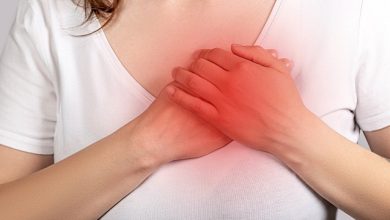
Health Tips A recent study published in Health News Kidney International Reports showed that drinking two to three cups of coffee a day can reduce the risk of kidney injury by 23 per cent, but this finding should not be taken at face value. Dr Sunil Prakash, Senior Director and HOD of Nephrology and Renal Transplantation at BLK Max Super Speciality, says that this is a large study and is being watched with interest as researchers investigate the effects of coffee consumption in cases of acute kidney injury with complete kidney failure or decreased kidney function. They then found that drinking a certain amount of coffee reduces the risk of acute kidney injury. But
watermelon: Is it safe to drink water after eating watermelon
2-3 cups daily is most beneficial.
Personal bias and the influence of data collection methodology cannot be ruled out behind the ambiguous findings. Also, it is suggestive simply because, the researchers said, their findings may be a result of bioactive compounds in coffee. Which improves perfusion and oxygen consumption in the kidney. We must realize that there are problems in retrospective data collection. Positive findings on popular drinks like coffee attract millions of attention in print and electronic media. Therefore, more caution is needed in arriving at such conclusions. He warned that caffeine increases renal flow, which is also a cause of kidney stones.
Dr. Prakash cites studies, which show a decrease in GFR (glomerular filtration rate). Drinking more than two cups of coffee reduces the risk of eGFR (estimated glomerular filtration rate) by 1.19 times more than drinking 3 ml / minute. At the same time, he says that this is contrary to the current study. A study is needed to directly compare the advantages and disadvantages between tea and coffee and especially for middle class and poor people in India and other places where tea is the main beverage.
Dr. In summary, I think moderate coffee consumption may be beneficial in reducing AKI, but only when all other dietary and medical factors are properly considered, Prakash says. Dr. Kali L. Tommerdahl, assistant professor of pediatric endocrinology at the University of Colorado, and Dr. Chirag Rohit Parikh, director of the Johns Hopkins University Division of Nephrology, were authors of the study. Coffee contains several health-promoting compounds, including caffeine, diterpenes, and chlorogenic acids. Although other compounds in coffee are less studied, compounds such as chlorogenic acid and trigonelline are known to reduce inflammation and oxidative stress.





